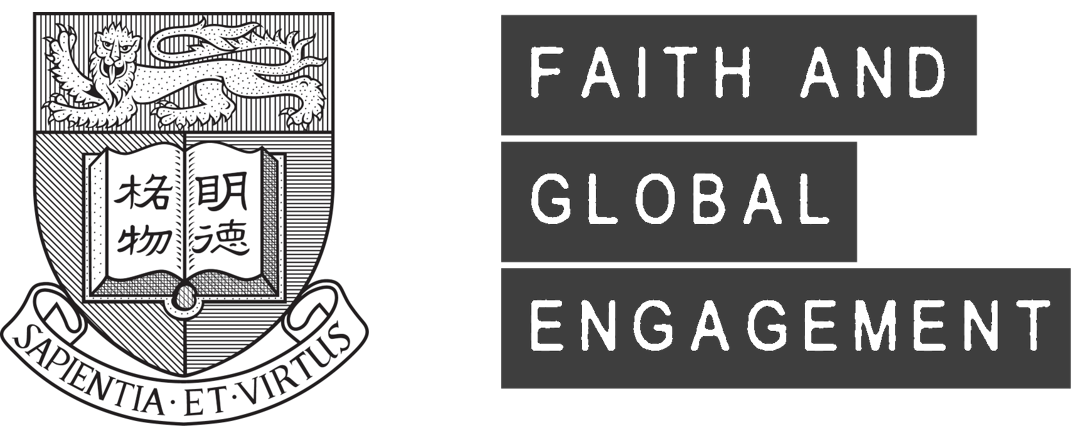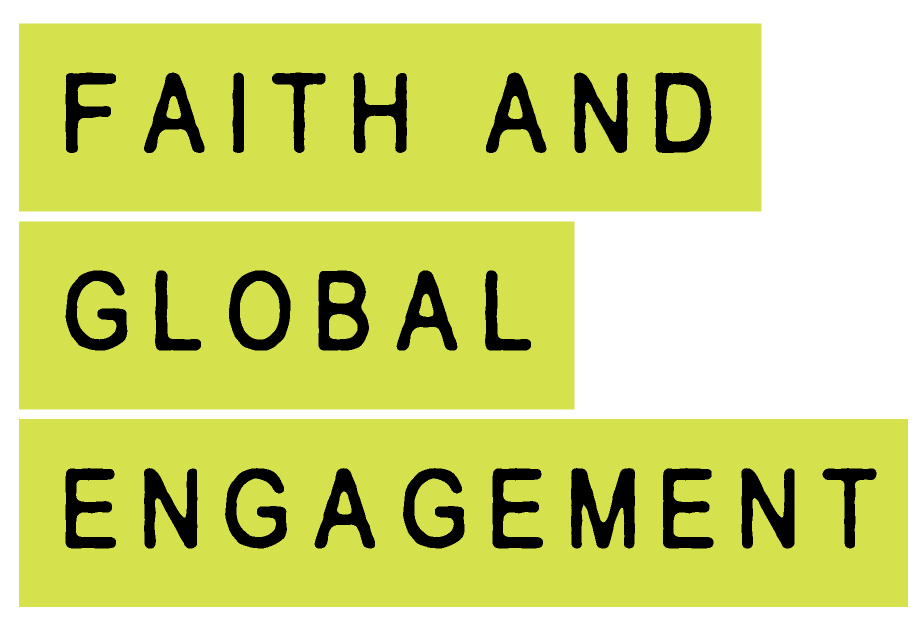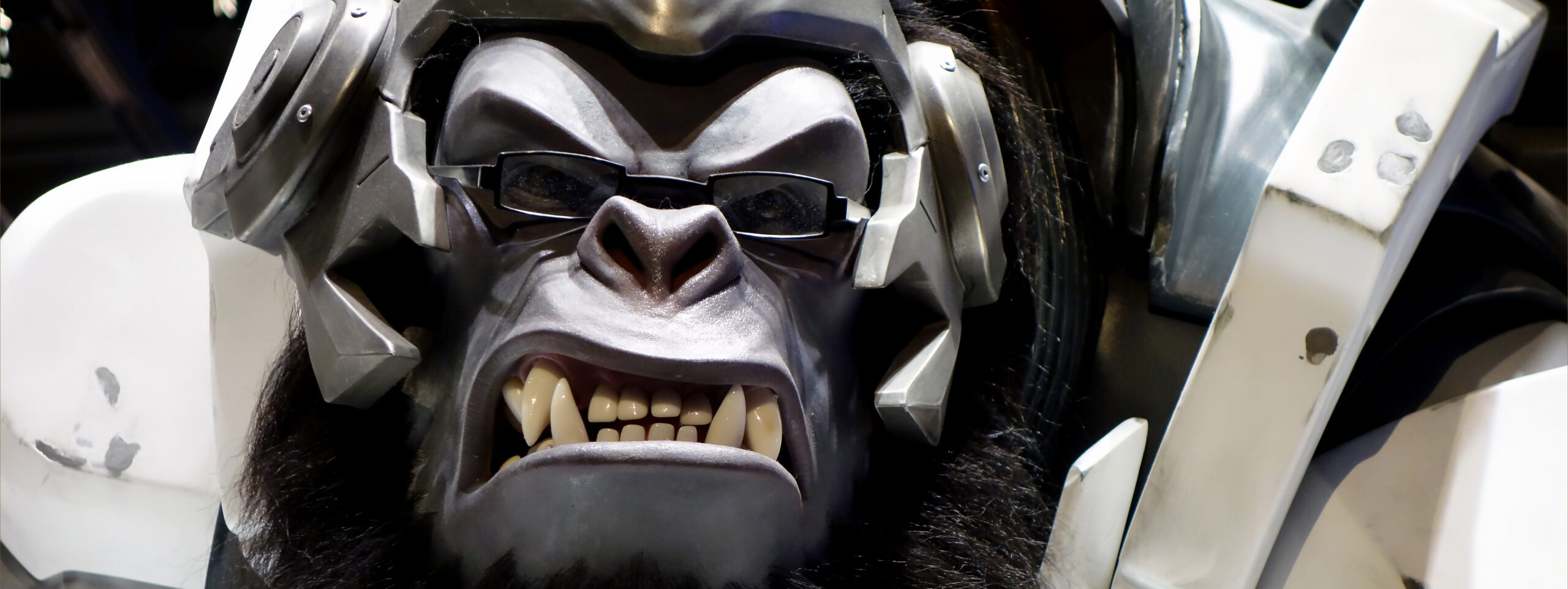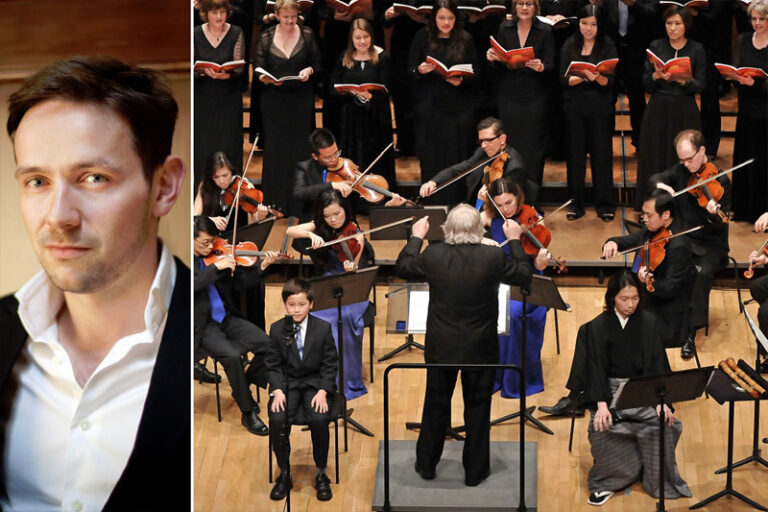Of Apes and Artificial Minds: What Does It Mean to be Human?
One of the grand questions of all great art, literature, and philosophy is this: What does it meant to be human? This is a central question in science and also in theology. These two views of the world seem to present contrasting pictures. Are we similar to the other animals, or are we different? Are we exceptional creatures, or rather unremarkable? Scientists teach we are just like the other animals, sharing 98% of our genome with chimpanzees. Theologians teach we are in the Image of God. A full telling of both, however, reveals the paradox of the human condition. Theologians teach that we were made with the “breath of God,” but we are also “of the dust.” Scientists teach that we are genetically modified apes, but we are also more than just apes. Far from a settled question, new challenges are arising with artificial intelligence. Facing the hope and risks of new technology, both science and theology call us to remember our origins as we contemplate the future. Someday, the paradox of exceptionality might extend to the artificial minds that we ourselves create. For better and for worse, we have been reshaping ourselves and our world for millennia. In a technological world, the ancient questions are as relevant now as they ever were.
Dr. S. Joshua Swamidass MD PhD is an Associate Professor at Washington University in Saint Louis. he is the Faculty Lead for the Translational Bioinformatics Institute for Informatics. A scientist and a physician, he runs a NIH funded scientific group that uses computational modeling to solve problems at the intersection of chemistry, biology and medicine (http://swami.wustl.edu/). His group developed several computational models for predicting how drugs become toxic as a result of metabolism into reactive metabolites. Dr. Swamidass’ scientific work extends beyond drug metabolism, to cancer genomics, and to pathology imaging analysis. Recently, he developed an image analysis algorithm to aid pathologists in assessing which donor kidneys are healthy enough to transplant into patients. A common theme in his work is deep learning, a powerful machine learning approach of increasing importance in the sciences.









